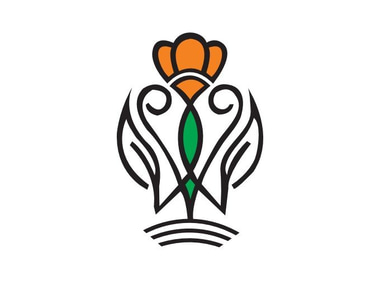The Changing Dynamics of the BPO Industry in India
10/21/20242 min read


The BPO (Business Process Outsourcing) industry in India has always been a vital part of the global outsourcing landscape. As one of the world’s leading BPO hubs, India has provided companies with cost-effective and efficient solutions for decades. However, like many industries, BPO is going through a period of change, driven by technology, evolving client needs, and the global business environment. Here’s how the BPO industry is transforming and what lies ahead:
1. The Shift to Automation and AI
AI and robotic process automation (RPA) have had a significant impact on the BPO sector. Basic, repetitive tasks that once required large teams can now be automated, leading to greater efficiency and reduced operational costs. However, this doesn’t mean that human workers are becoming obsolete. Instead, the focus is shifting toward more complex, value-driven tasks that require critical thinking and human intervention.
What’s Next?
BPO companies will increasingly rely on AI-driven analytics to improve decision-making and customer service. Expect a greater demand for employees skilled in managing AI tools and analyzing data insights.
2. Rise of High-Value Services
Traditional BPO services like customer support and telemarketing are giving way to more sophisticated services like legal process outsourcing, finance and accounting outsourcing, and IT services. Clients now expect BPO providers to offer specialized, high-value solutions that contribute directly to business growth.
What’s Next?
Specialized skill sets will be in high demand as BPO companies offer niche services like healthcare outsourcing, data science, and advanced analytics. Upskilling will be key for employees to remain competitive in this evolving market.
3. Remote Work and Globalization
The COVID-19 pandemic accelerated the shift to remote work across industries, and the BPO sector was no exception. Many BPO companies transitioned their operations to remote models, allowing employees to work from home while still maintaining service levels. This shift is set to continue, opening up opportunities for a more global workforce.
What’s Next?
The BPO industry may become more globalized than ever, with employees working remotely from different countries and time zones. BPO companies will need to invest in secure, cloud-based infrastructure to support a remote workforce while ensuring data security.
4. Focus on Data Security and Compliance
With the rise of digital services comes a heightened focus on data security and compliance. BPO companies handle sensitive client information, making them prime targets for cyber-attacks. Regulatory requirements, such as GDPR, have made compliance a top priority for the industry.
What’s Next?
BPO providers will invest heavily in cybersecurity measures, ensuring robust data protection protocols are in place. Expect to see more certifications and compliance standards becoming mandatory for BPO providers.
Conclusion
The BPO industry in India is shifting from being a cost-effective solution to a strategic partner in business growth. By embracing technology, offering high-value services, and maintaining a strong focus on data security, the future of BPO looks promising, with new opportunities for innovation and expansion.
2024 © Kareer Hubb All rights reserved.
